Following the UAE release of the UltraGear Gaming monitors, LG has officially launched its latest 2025 OLED evo and QNED evo TVs in the UAE and the rest of the Gulf, and it looks like they’re going all in on AI and brightness this year. If you’re after a big screen upgrade, this might be the one to check out.
Brighter OLEDs With Smarter Brains
LG’s OLED evo G5 and M5 models come with the α11 AI Processor 4K Gen2. It’s not just another chip. This one actively tweaks 8.3 million pixels in real-time to improve sharpness, detail, and depth.
- α11 AI Processor 4K Gen2 powers the OLED evo line
- Brightness Booster Ultimate makes them up to 3x brighter
- Perfect Black and Perfect Colour confirmed with certification
- OLED black levels ≤0.24 nit, colour consistency >99% up to 500 lux
The end result? Super sharp, vibrant visuals that look good even in bright rooms. The added brightness addresses one of the few remaining complaints about old OLEDs.
QNED evo Pushes LCD Tech Further
Not into OLED? The new QNED evo TVs, especially the QNED92, bring their own bag of tricks.
- Uses α8 AI Processor 4K Gen2
- Upscales HD/FHD to 4K
- Adds depth and clarity to older content
- Precision Dimming Pro for better contrast in dark scenes
- 100% Colour Volume certified using Nano Tech-based wide colour gamut
These aren’t your typical LED TVs. LG has packed in features to make older content look better and colours pop off the screen.
AI That Actually Does Something
Both OLED and QNED evo TVs come with real AI features, not just buzzwords.
- AI Voice ID, AI Concierge, AI Search, AI Chatbot
- AI Picture & Sound Wizard for personalised settings
- Recognises your voice and adjusts settings automatically
- Upmixes stereo sound to virtual 11.1.2 surround
This AI system isn’t just about controlling your TV with your voice. It learns your habits, recommends content, and makes sure the picture and sound suit your taste.
Made With UAE Living in Mind
LG knows people in the Gulf love their big TVs with serious performance. These models aim to meet those expectations with:
- Larger screen formats
- Bright displays suited for sunlit living rooms
- Features tailored for personalised entertainment
Design, performance, and AI are clearly the focus here. LG wants to cover everything from sports and movies to gaming and binge-worthy series.
Summary
LG’s 2025 OLED evo and QNED evo TVs come packed with upgrades where they count: brightness, AI, and picture quality. Whether you want the true blacks of OLED or the colourful punch of QNED, there’s something here for every type of viewer.
FAQs
What’s the main difference between OLED evo and QNED evo TVs?OLED evo offers deeper blacks and better contrast. QNED evo uses backlit tech with more brightness and a wider colour gamut.
Is the AI in these TVs actually useful?Yes. It adapts settings to your habits, improves sound and picture automatically, and even helps find what to watch.
Are these TVs good for bright rooms?Yes. OLED evo is up to three times brighter than older models, and QNED evo handles glare with strong peak brightness and dimming tech.
Subscribe to our newsletter to get the latest updates and news


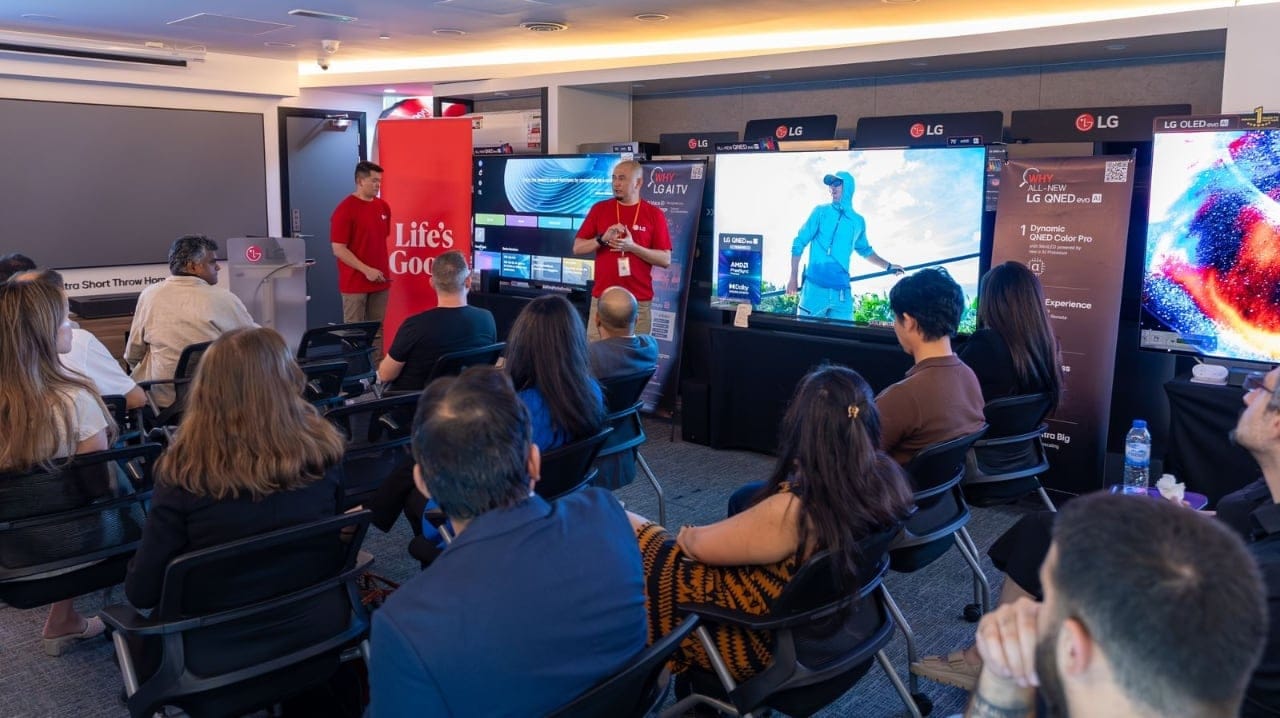





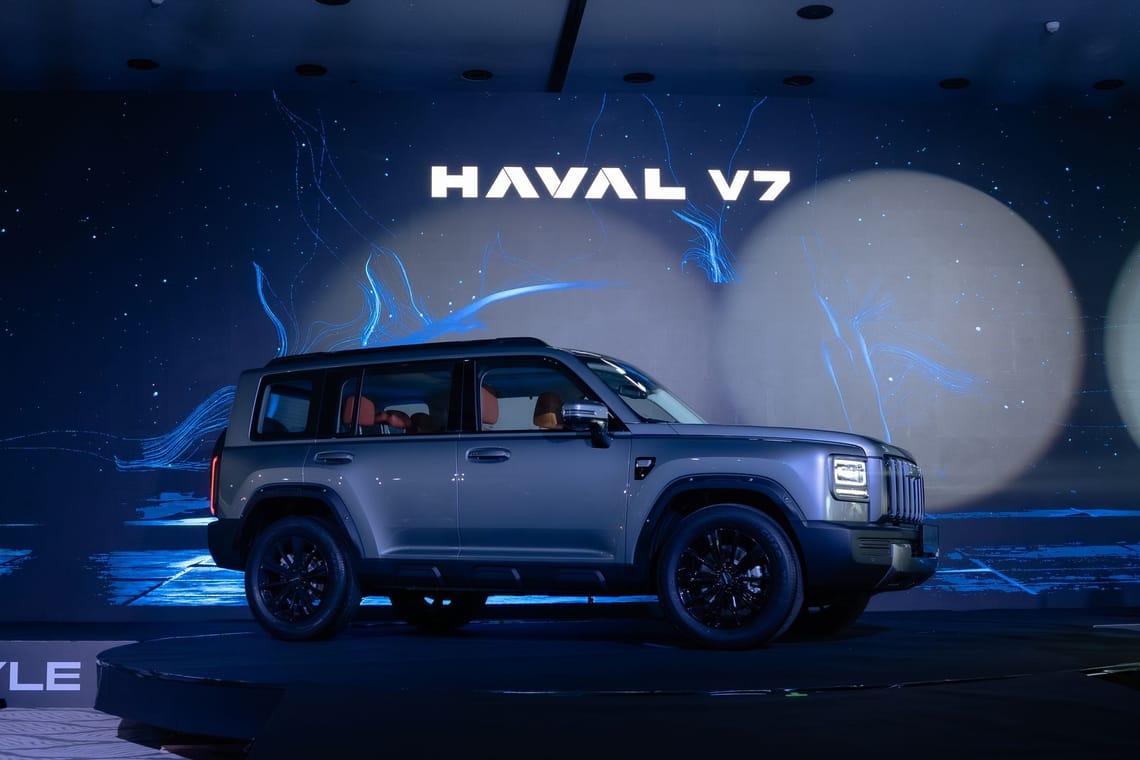

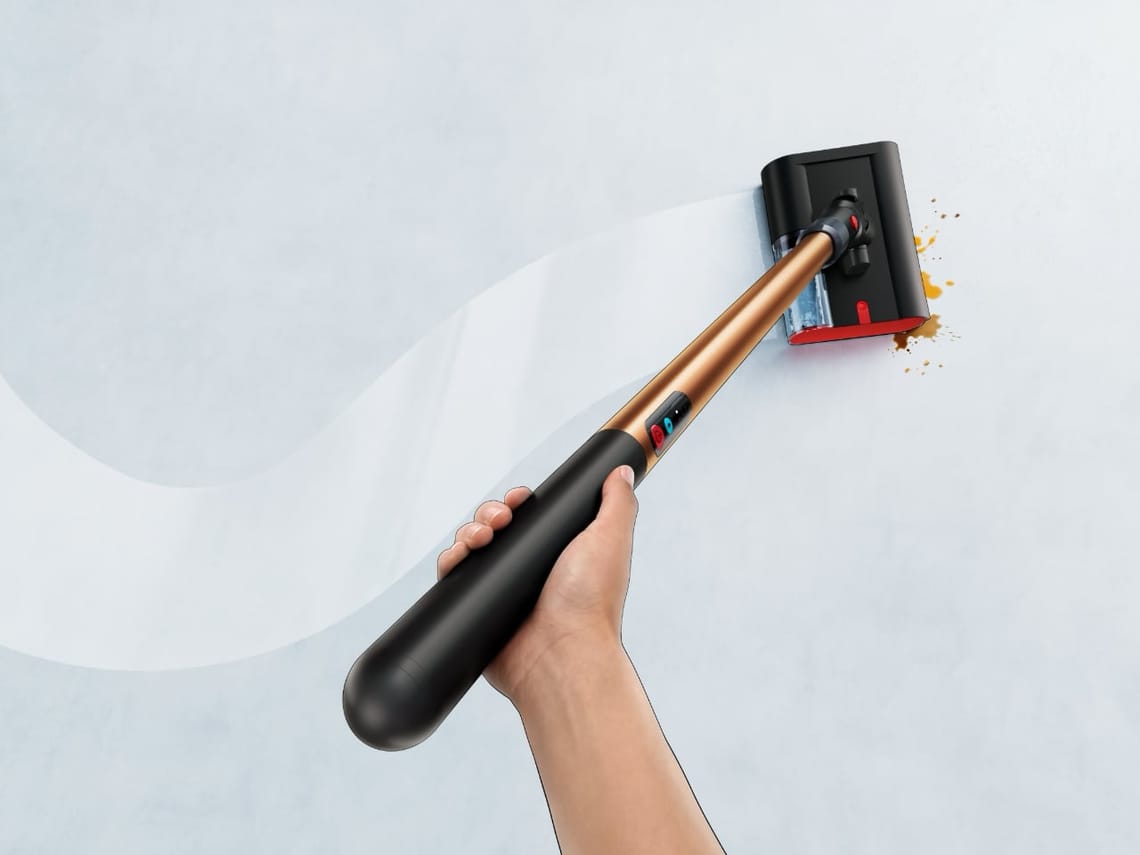

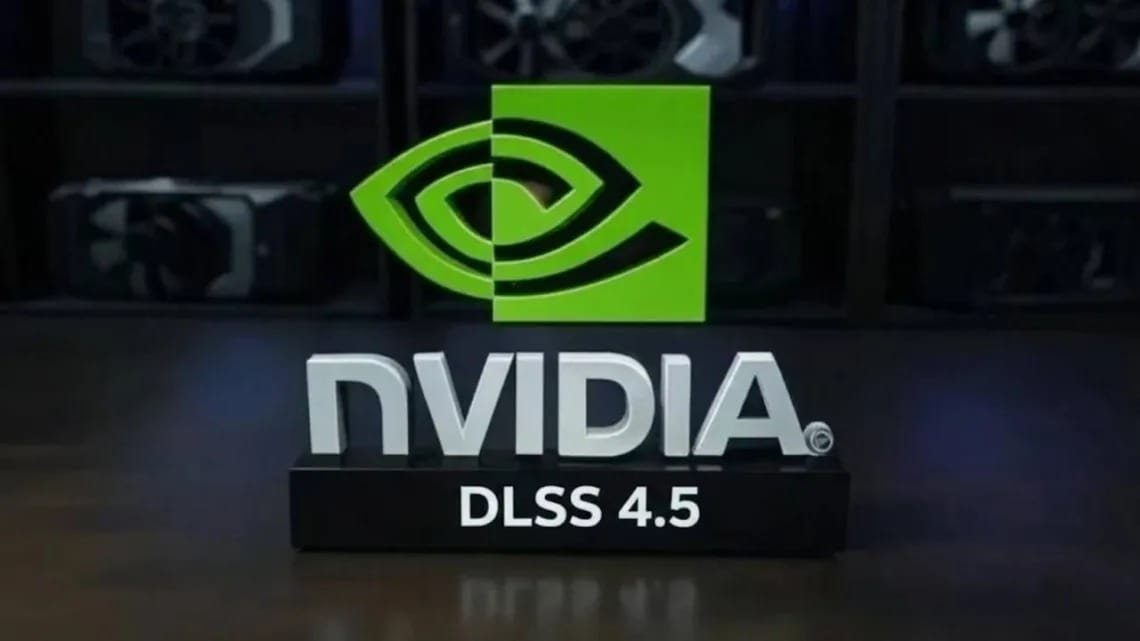

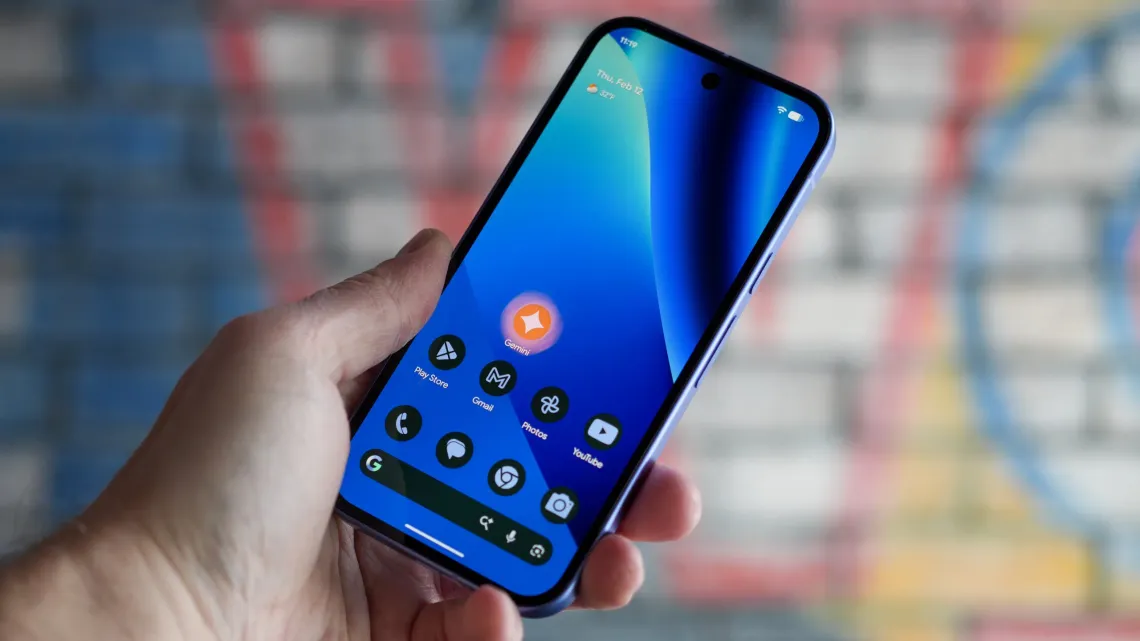
Member discussion